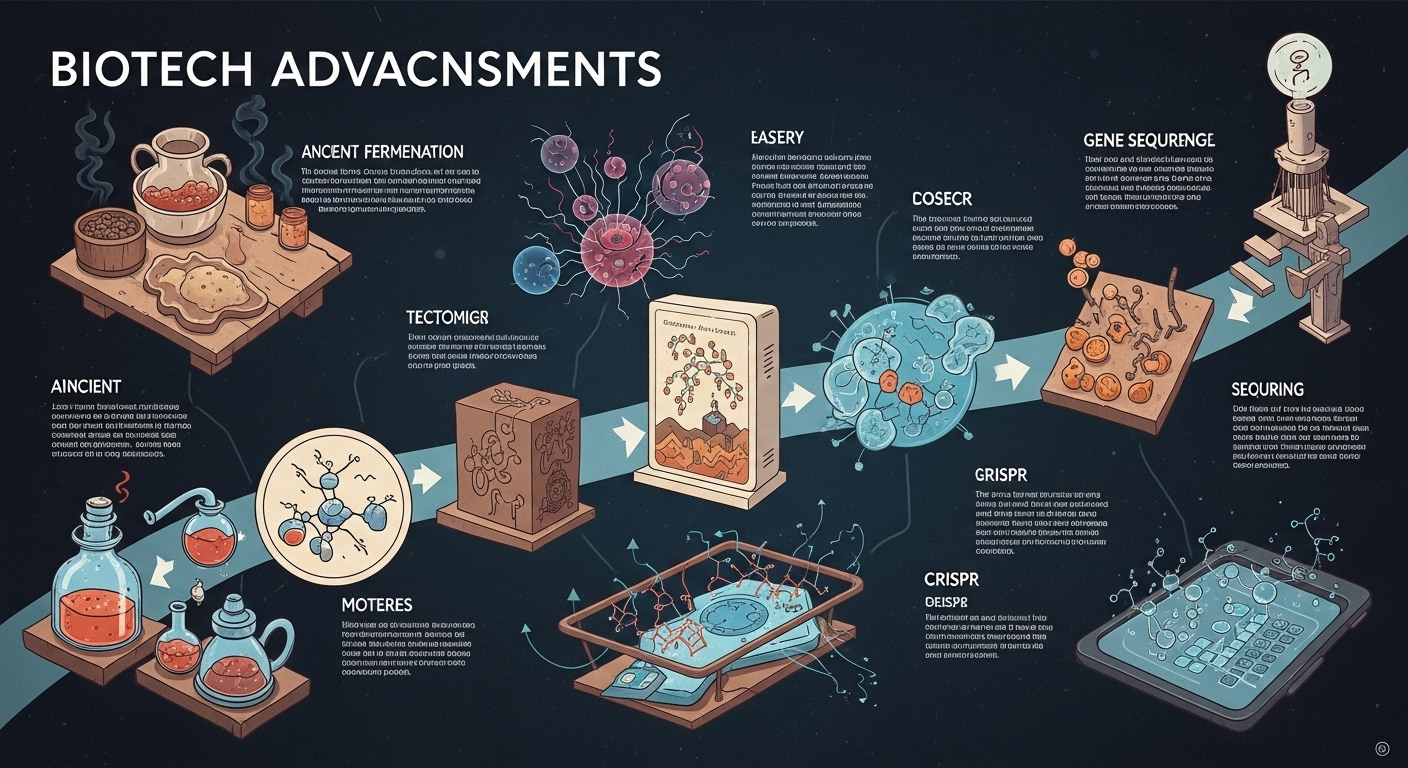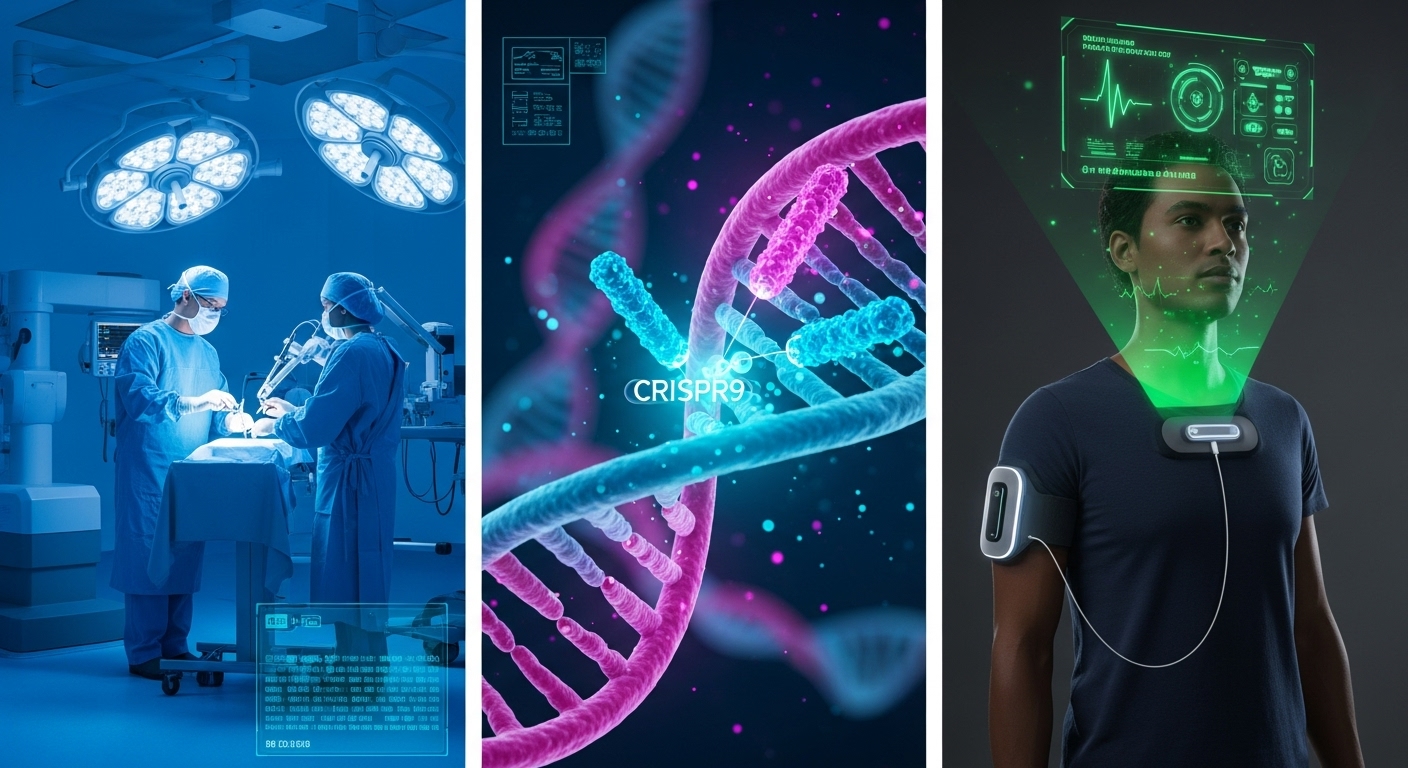Biotechnology, or biotech for short, is a field that blends biology and technology to develop innovative solutions for a wide range of industries. From healthcare to agriculture, biotechnology has revolutionized the way we approach challenges and has opened up new possibilities for improving human lives and the environment. In this blog post, we will delve into the history, significance, applications, and future trends of biotech.
### History of Biotechnology
Biotechnology has ancient roots, dating back to the domestication of plants and animals for agriculture around 10,000 years ago. However, modern biotechnology as we know it today began in the 1970s with the advent of genetic engineering techniques such as recombinant DNA technology. This breakthrough allowed scientists to manipulate DNA, leading to the production of genetically modified organisms (GMOs) and the creation of novel medical treatments like insulin produced by genetically engineered bacteria.
### Significance of Biotechnology
The significance of biotechnology lies in its potential to address some of the most pressing challenges facing humanity. In healthcare, biotech has enabled the development of personalized medicine, gene therapy, and advanced diagnostics, improving patient outcomes and quality of life. In agriculture, biotechnology has led to the production of genetically modified crops that are more resistant to pests and diseases, increasing food security and sustainability.
### Applications of Biotechnology
Biotechnology has diverse applications across various industries. In healthcare, it is used to develop new drugs, vaccines, and therapies for a wide range of diseases, including cancer, diabetes, and genetic disorders. In agriculture, biotech is employed to enhance crop yields, improve nutritional content, and reduce the environmental impact of farming practices. In environmental science, biotechnology is utilized for bioremediation, waste treatment, and biofuel production, contributing to a cleaner and more sustainable planet.
### Future Trends in Biotechnology
The future of biotechnology holds tremendous promise. Advances in gene editing technologies like CRISPR-Cas9 are revolutionizing genetic engineering, making it easier and more precise to modify DNA sequences. This opens up possibilities for treating genetic diseases, creating designer crops with enhanced traits, and even editing the genomes of non-human organisms for various purposes. Synthetic biology, a field that combines biology and engineering to design and construct new biological parts, devices, and systems, is also poised to transform biotech by enabling the creation of novel biological systems for industrial and medical applications.
### Conclusion
In conclusion, biotechnology is a dynamic and rapidly evolving field with the potential to drive significant advancements in healthcare, agriculture, and environmental sustainability. By harnessing the power of biology and technology, biotech offers innovative solutions to complex challenges and paves the way for a brighter future. As we continue to push the boundaries of what is possible in biotechnology, the possibilities are endless, and the benefits for society are limitless. Stay tuned for the next wave of biotech innovations that will shape our world for years to come.


